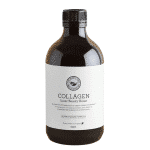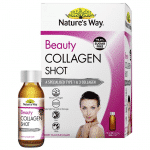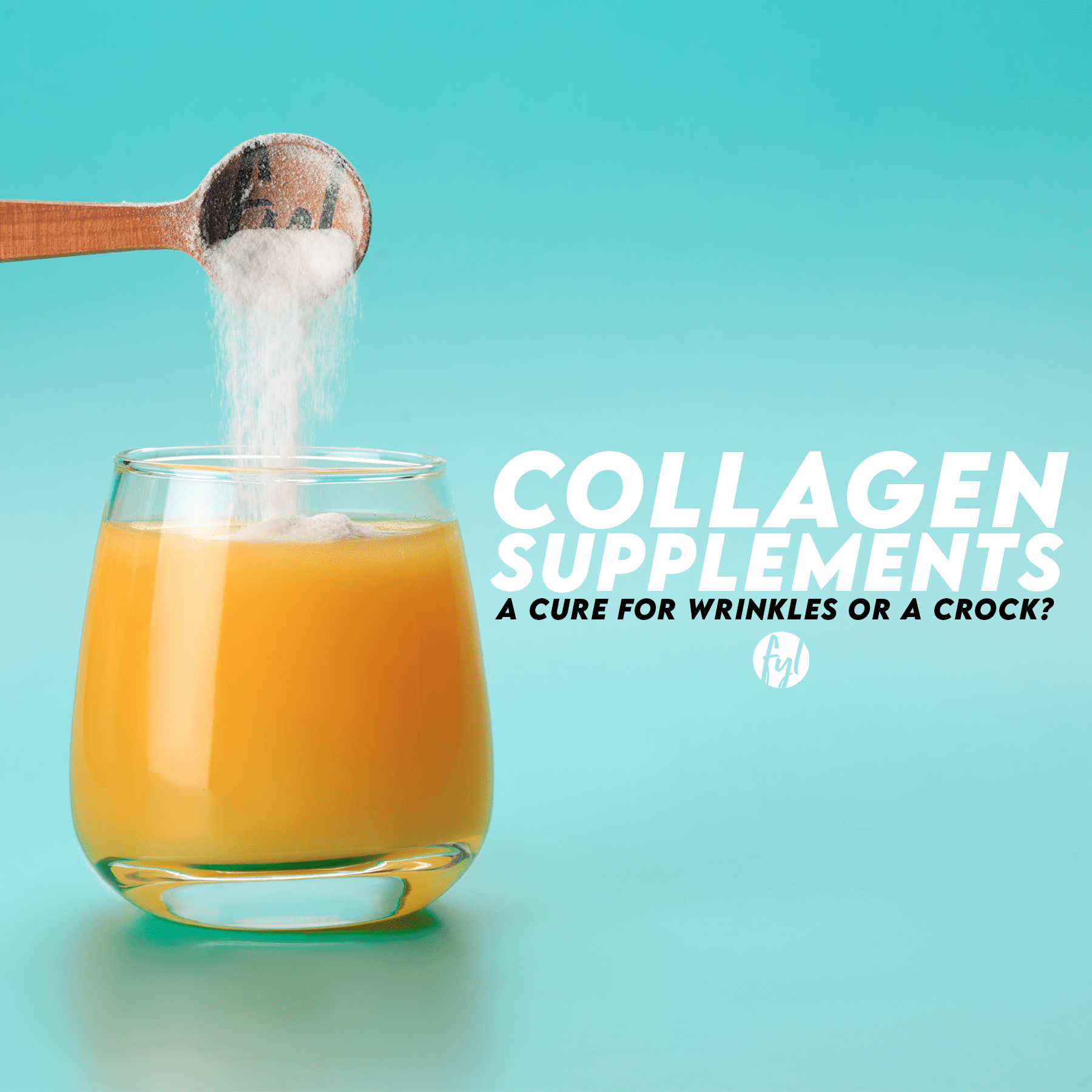With so many anti-wrinkle products on the market and so much information circulating the internet about what foods are best for a glowing complexion, it’s easy to feel confused and overwhelmed. We have shed some light on some of the trendy collagen supplements going around at the moment, as well as a breakdown of what foods you should be including more of to ensure healthy, glowing skin.
Collagen is the most abundant protein found in our body. It is a major component of connective tissue, including the skin. But is there enough evidence to support the claim that collagen supplements improve skin health? Let’s take a look…
The Evidence
There is growing evidence that supplementation of collagen can improve skin health, including elasticity, hydration and the appearance of fine lines. Current research suggests that collagen in the form of hydrolysed collagen, (2.5- 5g daily) has been shown to effectively improve skin elasticity. A randomised control trial showed collagen improved elasticity, skin roughness and skin density. These improvements lasted up to 4 weeks after ceasing the supplement.
Which Collagen Supplement Is Best?
Animal VS. Plant-Based Collagen

Bone Broth VS. Hydrolysed Collagen Supplements

Don’t Forget the Vitamin C
Vitamin C is essential for the enzymes which are required to produce collagen in the body. Therefore, it is recommended to consume a collagen supplement containing Vitamin C. A lot of collagen supplements on the market already contain Vitamin C, but this is something to look out for if you decide to buy it.
Collagen Supplements VS. A Healthy Diet?
While there is some promising evidence that collagen supplements can help improve skin quality, these supplements can be very costly and should not come at the expense of a good quality diet. We’ve listed the top 3 nutrients you should be including more of to improve skin health:
Vitamin E
This is a powerful antioxidant and helps prevent oxidative damage to cells by removing free radicals. Put simply, it helps our body renew skin cells as well as with wound healing. Foods rich in Vitamin E include:
- Fortified breakfast cereals
- Walnuts
- Spinach
- Egg
- Avocado
Omega 3 Fatty Acids
Omega 3’s have powerful anti-inflammatory properties as well as helping with skin moisture and repair. As a population, less than a quarter of Australian adults are consuming the recommended intake of omega 3. Foods to boost your omega 3 intake include:
- Oily fish e.g. tuna, salmon, mackerel
- Walnuts
- Chia seeds
Zinc
Zinc plays an important role in skin repair. Low levels of zinc have been linked to skin sores and poor wound healing. Foods high in zinc include:
- Beef and pork
- Eggs
- Nuts
- Beans and lentils
A healthy diet full of a wide range of fruits, vegetables and whole grains provides the body with vitamins, minerals and antioxidants which are crucial for good skin health, and this should be your main focus when trying to improve the health of your skin. Supplements can be quite costly and unless recommended by a qualified health professional such as a doctor or dietitian, you do not need to include these in your diet to improve skin health.
If you’d like to learn more about how to optimise your physical and mental health with food, explore our latest online nutrition programs. The self-guided courses were developed by Fuel Your Life’s Accredited Practising Dietitians and focus on improving your life, work performance and mental health. For more personalised nutritional advice, chat with one of our experienced dietitians and get started today.







